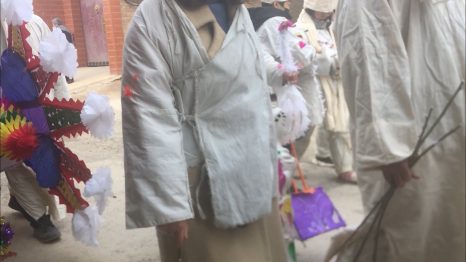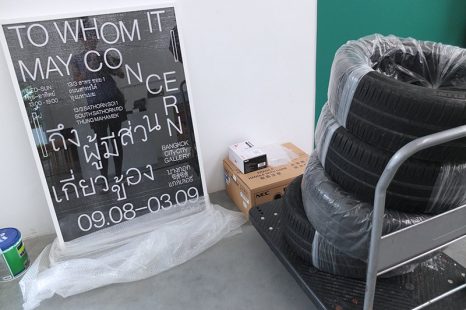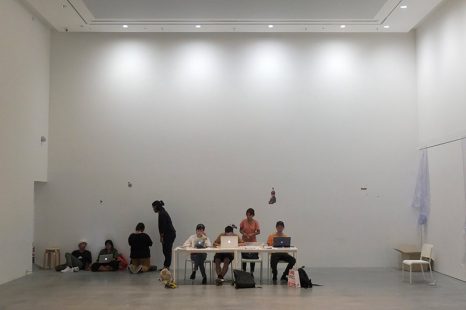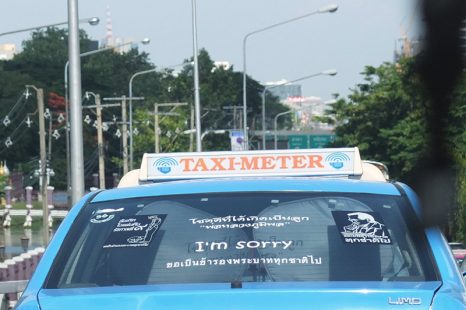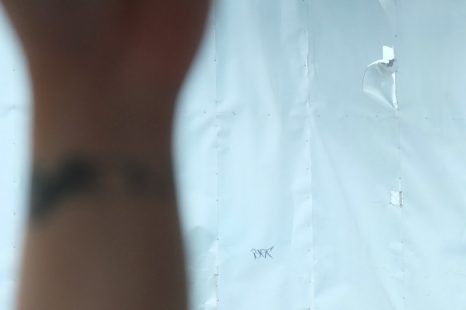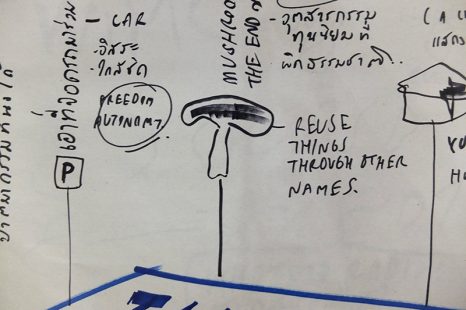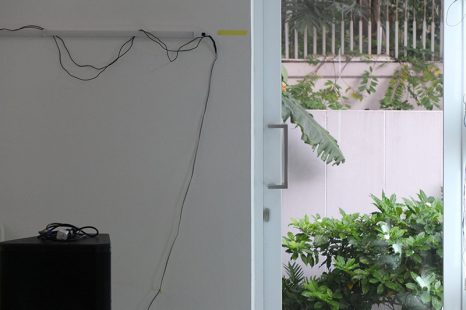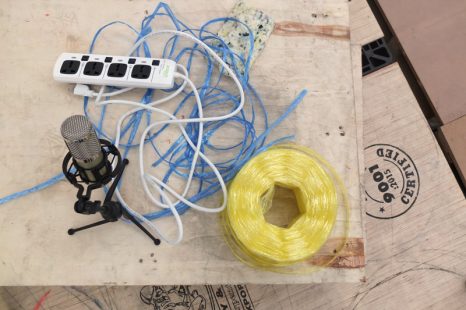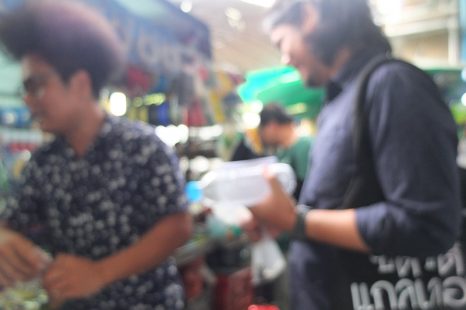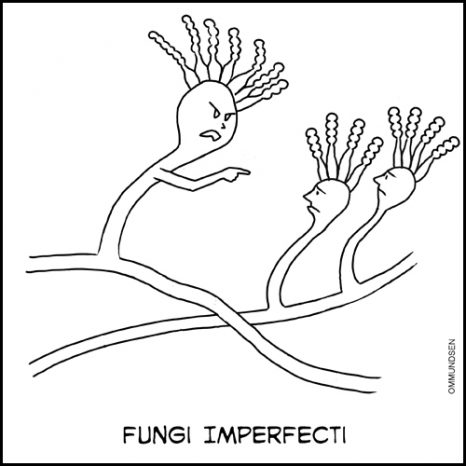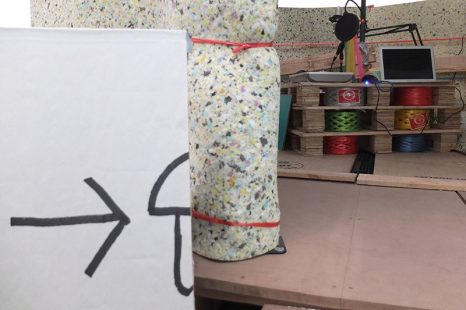i flew again on your birthday. that’s the excuse anyhow, for these weeks of greetingless-ness. but noticing that this makes for too many times of beginning with ‘sorry’ when the greeting finally comes, i don’t want to say sorry yet again——know i’ve already sucked the meaning of words dry these last years. too much has already been said, or if i did say it, something always warps and buckles along the way. bristles bend. it never feels right, and i detest this rightness. words overlap and cancel one another like low-res animations playing endlessly in an empty, unlit room.
actually it is now the third year in a row to be on an airplane on your birthday, perhaps the mark of a ritual. to be in air as excuse, to be full of air as metaphor, to be on flight mode as break of communication. to catch so much of your own breath there is no longer space for words. being in an airplane is kind of like that, anyhow, the quiet of disquiet, white noise turns pink turns brown, ears turn inwards.
perhaps rituals serve the same purpose: affirmations of meaning that do not really require words. small gestures repeated at certain intervals of time create affective knowledge, like knowing the amount of time before the sun’s blessings make Alÿsian-sized valleys of industrial blocks of ice. the valley of all that i could have said but did not spilled over the sides of the building, he sent American Greetings e-cards once a year, there was a click over a caress. she would rather say nothing at all than let it be said cheaply.
a no-rhythm rhythm. that’s the ritual. flight mode white-pink-brown noise, repetition, air-pressurised tinnitus, the rituals of getting older. i miss you sometimes and that is all. there is not much more efficacious beyond that. i really hope that you are happy, that your body fills with good air and songs of peace. the fact that i can no longer tell otherwise is perhaps the sign that there was no more space for me to know——air time——like the sound of a stranger’s breathing next to you on a long distance journey. it feels close because everything around is passing darkness, and you’re too timid to ask any more questions because you were once cursed for it. and because the best regard answers in words never bring you anywhere.
better to take a flight instead.
happy birthday and a new year, f
Posted by 丫 | more »
eliminating poverty
i went to a funeral today in my village with a cousin. she is his relative and died in hunger and coldness and illness two days ago at home. in her early 50s. the widow had spent months on bed alone, and was given a bun twice a day, later once a day, by her brother who is also poor and unable to do more. a few months ago, she almost died in a similar situation, but survived to the surprise of everyone. some villagers said given her situation, death is finally an end of her suffering and perhaps it is better this way. some said she had a soft temper. some said she was lazy and slow. some said she suffered from alzheimer’s along with mental issues.
three years ago, her husband went to a government office in the city with two boxes of apples as gift to apply for state benefits. on his way back home he fell to the ground. he was taken to hospital and doctors said it was hemorrhagic stroke and asked for RMB 5,000 to do the surgery. relatives were called one after another. it was only late at night when one relative finally showed up ready to pay. doctors did a CT scan and found his brain was already flooded with too much blood to do anything. he died.
the couple had been living in an old yard with no walls, full of overgrown weeds, and basically only one room with a bed. they had adopted a daughter from her sister from another village when the girl was around ten. but they were not able to pay her education and living costs and her sister paid. later her sister cannot afford either and the girl dropped out and went to work in the city. they devoted much love to the daughter but she felt ashamed of their poverty and hoped to have nothing to do with them. the daughter went back to her biological family and did not care very much for them. so today is certainly the last time she is in this village. it is also the end of a whole household, a family.
my cousin said the way poverty was “eliminated” here is often by cancelling the recipients’ poverty status in documents, which results in recipients receiving even less benefits. some villagers said in these two years the government offered subsidies for electric heaters so that many households had bought and installed it for just 200 yuan, including this household. previously villagers used coal, which became illegal in recent years for environmental reasons. but many families find the electric bill too expensive and rarely use it in winter, including the two old relatives i visited today who did not even know where is the on/off button.
the funeral was simple, not heavy, and cost only a few thousand yuan. my cousin, along with another relative, left before the procession took the coffin to the field for burial, partly because they were busy and partly because they knew the meal provided at the end of the funeral, which is the local custom, would not be a feast and probably wouldn’t even contain any dish with meat.
— posted with permission from an original text by Pop,
2020年12月17日,早上07:55
fragments of fungi imperfecti
In the Thai language, the phoneme “hed” can mean “เห็ด mushroom“, but in the northeastern Isan dialect it can also mean “เฮ็ด do“. #RADIOHED will broadcast intermittently both on air and online from Bangkok beginning Wednesday, 9 August 2017 at 13:00 UTC +7.
Posted by 丫 | reply »we don’t have time for this anymore
 grow up grow out grow cultivated astray
grow up grow out grow cultivated astray
the light of day – or, the most intense fiery sadness inside the palest of blue
the difficulty of writing. therefore words become physically written entities. are animated by the postures and movements of the hand. the word becomes image. is placed in perspective. the natural rhythms of speech and of reading contorted. a video on writing:
act 1:
the street is where it finally played out, no confining corners of a room, simply a street and a doorstep and a door. a door that remained closed. closed that night and all the nights after. closed for several years. there were a few words there on the street, an evening chill picking up, words uttered from mouths tightly locked into position, not once breaking out into smile, no more spontaneities. now i remember it was an iron. the last object that passed between us. an iron. your iron. my iron. no ironing board. the irony. an iron with no more spontaneities. all those years summed up into the exchange of a single iron. a pink iron.
act 2:
you entered the studio that day and it filled the room. eyes locked and we understood. a kind of understanding that was hard to come by in those days. “we paid people 50 kuai to cry”. leaving the party early i cycled to the apartment that night, shared by several, it was only you there, you and a dvd menu on loop, the same jingle over and over again, you kept emphasizing the word ‘taken’, ‘taken’, ‘taken’ – i guess it was the opposite of what i was getting – the other word that night ‘transgressive’ – you and bataille – he and whitman – i couldn’t do it – sorry bataille – sorry whitman – i couldn’t do it – so much for ‘transgression’ — whenever i revisit the room, you are both there, bataille and whitman, bataille, whitman and me and the king-size bed. the torrent of words finally gets me writing on afternoons alone in the house, just before the onset of twilight.
act 3:
a gallery space, half emptied out, i keep going back there, the mounted and framed photographs are placed on the floor, leaning against the wall, a few are supported by the pillar in the middle of the space, you try to get them to leave, to let them leave us behind, but there is simply no subtle way of doing it and you mutter at them clumsily, they leave, we are left, the afternoon sun is slowly disappearing, the lights are left off, we talk, walk around and shout, until we settle behind the reception counter, a chair and a wall for support, we can do this but we can’t do that, what do you want from me? don’t ask that of me! she tells me his knees were shaking all the way on subway ride back home, i was never shown shaking knees. now, i only ever meet you in that gallery space. we don’t exchange words just glances and parts of our bodies in a deafening silence, the afternoon sun perpetually setting.
act 4:
an early spring evening, i keep trying to leave: “i have a party,” “a party to go to,” “a housewarming party”, but something keeps me at your side all night, first we sit at the “less important people table” and are seated next to each other, after more guests stream in we are both upgraded to the “more important people table”, again placed next to one another. what luck! finally settling into a comfortable position we continue our conversation, your leg brushes against mine a few times, i recall her remark about “woody men”. and i can’t stop staring at the eyes. can’t stop. the whole night – no rooms here, but the chambers of eyes to revisit “an intense fiery sadness” i describe to her later “inside the palest of blue”.
.
Posted by a | reply »for rene, wendy, small O and rancière’s translator steven
The waiting room of the Department of Motor Vehicles is of course a dismal place: expectedly generic cream-coloured walls, empty except for an L.E.D. number call board and the state logo plaque, a television in the corner and a single formica counter top with ball-point pens on chains attached to it. The rows of chairs are arranged in two directions, presumably for maximum television visibility, but most people look down at mobile phones anyway, or stare into space somewhere beyond the range of the television set.
But today it is an exciting scene to return to, and waiting vacuously feels like a nostalgic act. It looks exactly the same as it did when I came here many years ago, the same bureaucratic cream wall for the same bureaucratic procedure. And for all it’s clichédness, i’ve missed the variety of colour presented behind all that blankness of expression that can only be witnessed in North America. There are probably as many planets and cultures here as there are individuals in the waiting room, but they’ve cleverly staggered the numbering system so that we don’t examine things too linearly. An Asian boy wearing a shiny black down jacket sits down next to me, his transparent document folder neatly organised with all the required paperwork. He doesn’t have to wait too long, and when his number is called I feel the surprise in the black-rimmed eyeglasses slouched on his nose as he walks away. There is a bearish old man who inches across the room with a walker, but his loud, craggy voice with a strong southern accent (enough to satisfy Michael) flirts with the DMV employee like a slick, young stud; other people in the waiting room smile with their heads down. Everyone is polite.
A skinny, stereotypically troubled looking girl (black eyeliner) wears a sleeveless short dress and lazily kicks her three bags——two black and one teal with an E.T. airbrush print on one side——on the ground in front of her as she moves up the queue. A mother and her two daughters, all dressed in black, wait seated together in the row in front of me. The girls take turns using their iPhones or handheld mirrors to check themselves in preparation for having new ID photos taken. Mother gets up at one point to remind the DMV employee to replenish the toilet paper in the women’s restroom and upon her return, says to the girls, “Well…that’s taken care of.”
Beyond a staggered numbering system of waiting, it is difficult to know whether or not we exist in the same time-space. How did you assume that there was a consensual notion of reality? When could we have used the word “us”? For all our attempts to describe it so, how do we know a relation?
My thoughts move from the backs of people’s heads through to the ninja movie on TV. Flying black-clad zombies are pierced by tips on how to save money and political campaign advertisements. There aren’t any plants here. The mini-blinds along the windows are all open to differing degrees. It’s cloudy outside.
Attention diverts to my own electronic devices now, too. I brought the silver and black mobile phone you left when you moved away. I put my SIM card in it and suddenly our lives are mingled into one interface, except that much of mine is sharpened into little rectangles of an unrecognised encoding. Bureaucracy, an organised form of protectionism, just as easily renders us illiterate as it claims efficiency. For the same reason it is not possible to delete the folder of your text messages, so these few months of your life stay stuck in my hands, another life in another city not here, amidst 60 odd foreign faces at the Department of Motor Vehicles. Everyone looks bland here, but somehow it makes certain relations all the more apparent, and I feel close to you somehow, looking inside-out. I wish you were here to pass the time with me, to run errands together and wait in line and make bureaucratic procedures intimate, like bitter jokes about getting married and having kids.
These are momentary islands of waiting for another radical shift of the senses. Waiting is like insurance for belongingness, and realising now that I’ve missed you all this time I feel a closeness that only occurs in distance. not sure whether I prefer it this way or not.
I ask the attendant behind the computer how long the wait is. “That’s the question of the day”, he quips, and of course we both know that we can never really know how long we have to wait. Ask how much work we can get done in an interim period, or ask how a simple quip and come-back rides us through the day. Ask a slippery American tongue, ask for a decade. When I asked her once about love she said she would choose the option that gave the most possibility. But even no is a possibility. So I try not to count too much.
Posted by 丫 | reply »hide and seek, a life
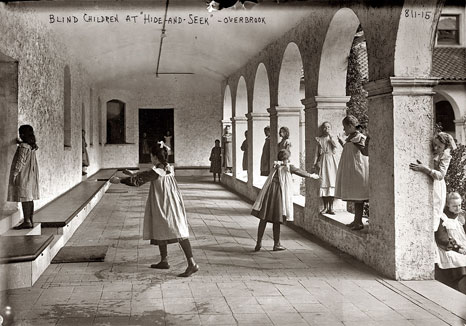
blind children playing hide and seek, 1912 (via julian kücklich)
“i remember that the verb to find [trouver] does not first of all mean ‘to find,’ in the sense of a practical or scientific result. to find is to turn, to take a turn about, to go around. to come up with a song is to turn a melodic movement, to make it turn. no idea here of a goal, still less of a stopping. to find is almost exactly the same word as to ‘seek’ [chercher], which means to ‘take a turn around.'” (maurice blanchot, the infinite conversation)
Posted by f | reply »home
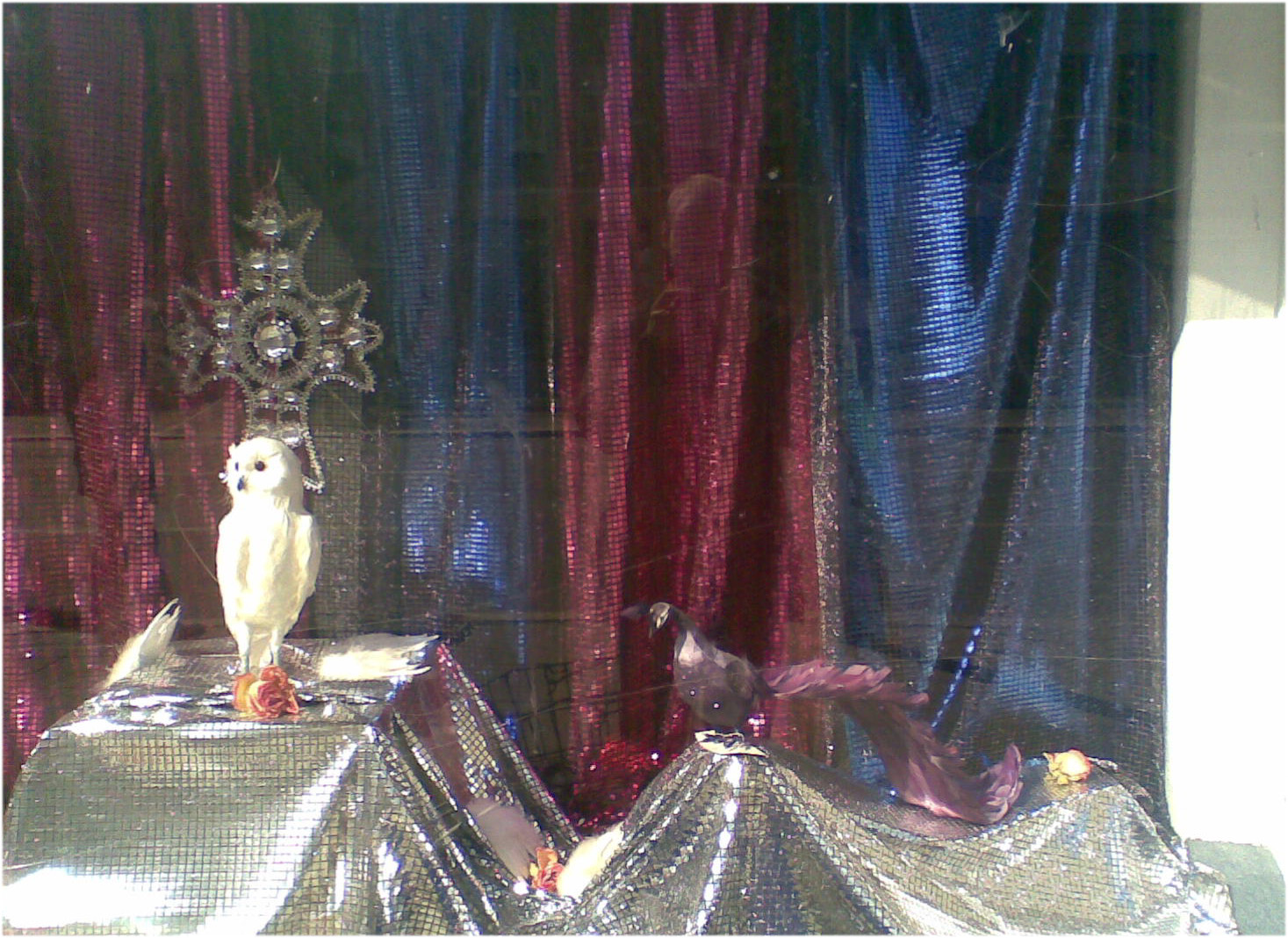
yesterday i felt like i’ve never been here, today like i’ve never been there.
